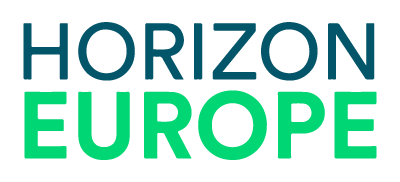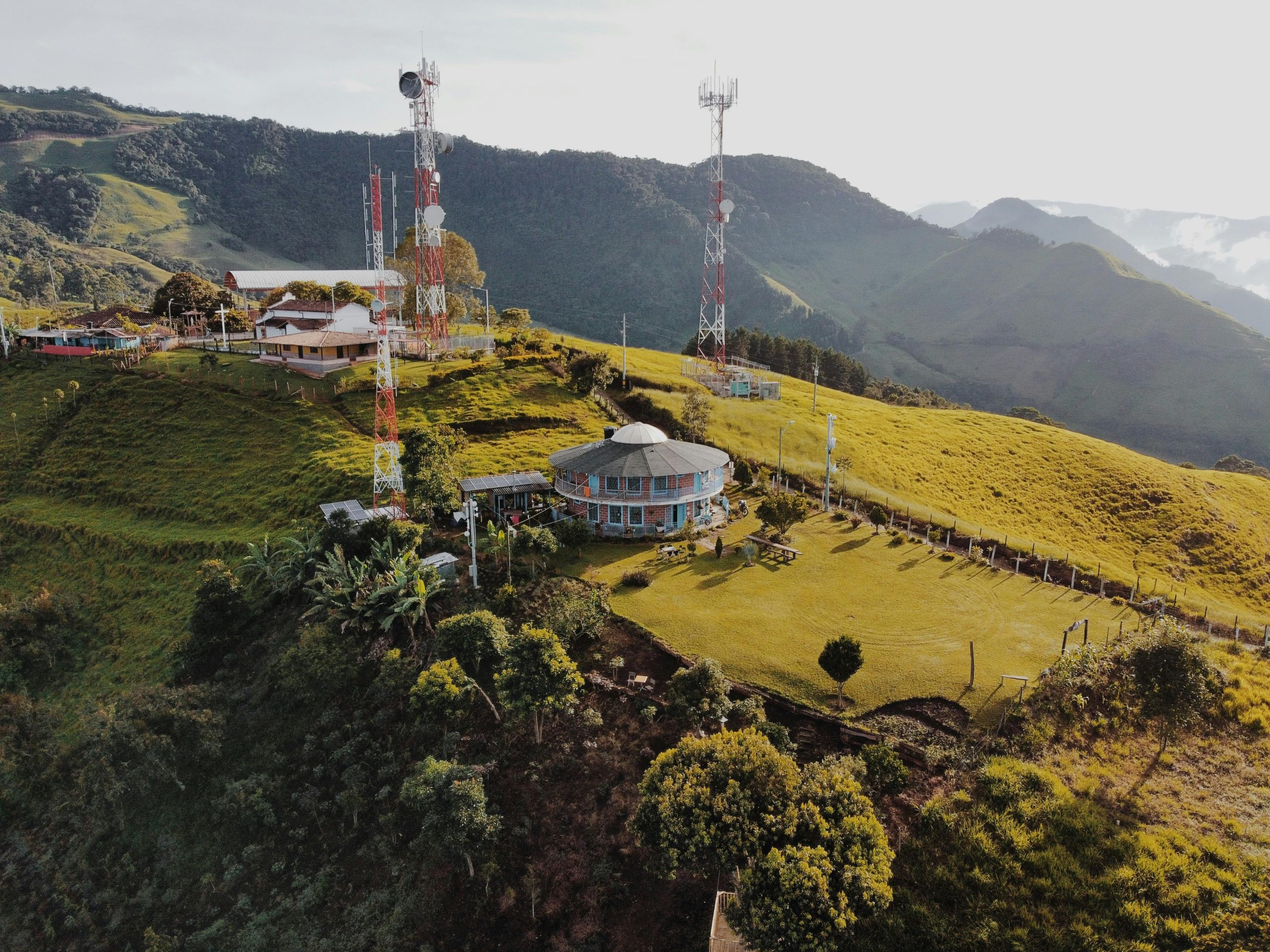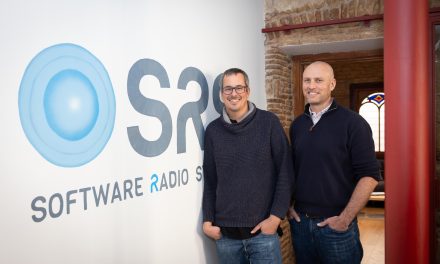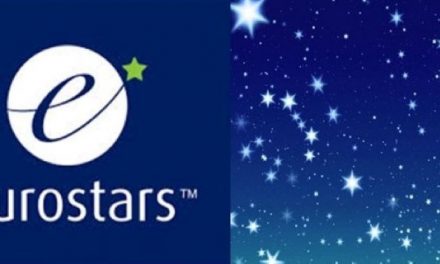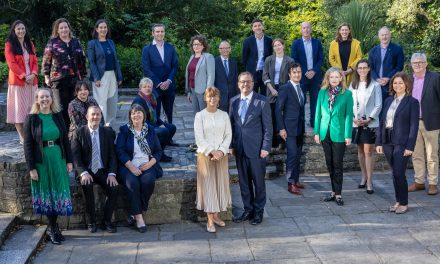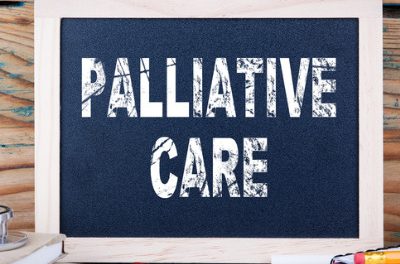Like every industry, telecoms is working to improve sustainability and reduce energy consumption to fight climate change and achieve the UN’s target of reducing emissions to net-zero by 2050.
The telecoms industry has seen an inevitable increase in energy use due to ever-increasing connectivity. In fact, telecom operators account for 2-3% of global energy consumption, making this one of the most energy-intensive industries.
With the anticipated launch of the next generation of mobile networks, 6G, by 2030, telecom networks will only grow in size and capacity. That’s why different Horizon Europe-funded projects are looking at how to decrease energy consumption in telecoms while maintaining a high level of service for users.
One such project is BeGREEN, run by a consortium of 12 partners from seven EU member states, including telecom providers, research institutes and academic research groups.
Focus on sustainability
The aim of the €6 million project, running from January 2023 to January 2025, is to develop networks that accommodate increasing traffic and service levels. “It’s also to consider power consumption as a main factor in designing and optimising the system,” explains Anne-Marie Bosneag of Ericsson Ireland, which is part of the consortium.
BeGREEN is funded by the Smart Networks and Services Joint Undertaking (SNS JU) under Horizon Europe and under the 6G Industry Association, which aims to “advance European technological and scientific excellence to support European leadership to shape and master 6G systems by 2030”.
BeGREEN’s research is expected to help set the 6G standards in energy efficiency in hardware-based, as well as computation- and software-based solutions. “That’s a real impact,” says Bosneag, “if something is standardised for the future, and then followed in the networks from there on.”
BeGREEN is one of a number of Horizon 2020/Horizon Europe projects focussing on 6G in which Ericsson is involved.
“The Horizon projects allow us to focus on different 6G research directions and influence European research even before the standardisation stage,” Bosneag explains.
Using AI to improve energy efficiency
One important aspect of BeGREEN is its use of artificial intelligence (AI) to improve energy efficiency. Ericsson has already been a leader in developing the 5G network, and will also potentially apply research from the 6G project internally.
“The AI-based algorithms that we develop in the context of BeGREEN will also be considered internally and discussions with the relevant groups will feed into our internal knowledge in this area,” says Bosneag.
Being involved in this type of project, it is important that it aligns with the company’s own goals, she says. “So we have to take into account what our internal priorities are as well, and how they relate to the direction for the project.”
Coordination and setting aside time
There are also challenges involved in working with a consortium, says Bosneag, who has been involved in several European Union-funded projects over recent years.
“The project leads tend to do the heavy lifting, but there is a lot of coordination even for the other partners. We may take, for example, the leadership of a work package or task, and then we have to coordinate with all the other partners to make sure the results we aim for will be delivered.”
There is also the work involved in forming the consortium and then applying for the funding.
“Once you get into the projects, and your work is starting to be more recognised, then you will get invited to different projects,” she says.
Once a consortium is formed, “there is a good bit of time involved in all the meetings before the proposal writing, to make sure that we create one vision for the project, and then to understand how everyone’s work fits together.”
She advises those considering applying for Horizon funding to put aside plenty of time towards preparing well. “The selection criteria is quite high for the European projects. It’s important to be aligned with what the programmes describe in terms of focus and what’s expected in terms of results.”
She says the National Support Network team led by Enterprise Ireland is an important point of contact for Horizon projects. “They keep us in touch with everything that’s going on. And that is very helpful, on deadlines and directions of interest for the research.”
Finding solutions together
It’s worth the effort to get to work with high-quality consortia, with their mix of big industrial players, SMEs and academic research groups. “Through this, we are exposed to different points of view, different issues arising for each of the partners, as well as different ways of addressing these issues.”
This means that there’s exposure to a large pool of information, so that common research topics and solutions arise from the community.
“Being part of the projects really brings you into the wider research arena and for our domain, technology leadership is very important. We are in a dynamic technical domain where things happen fast. Traditionally, we have been an innovative company so we want to keep current with the research and contribute to it.”
The longer-term view
Another major advantage of being involved in Horizon Europe research is getting the time and space to work on longer-term projects.
“Obviously working in industry, sometimes shorter-term types of research are important because we need improvements that can be applied in a shorter time span for our customers,” she says.
“With the European projects, we have three and a half to four years from idea proposal to the time we get results. So we can allow ourselves to take this longer-term view in terms of research.”
If you would like advice about accessing Horizon Europe support or further details, please contact HorizonSupport@enterprise-ireland.com or visit HorizonEurope.ie.
